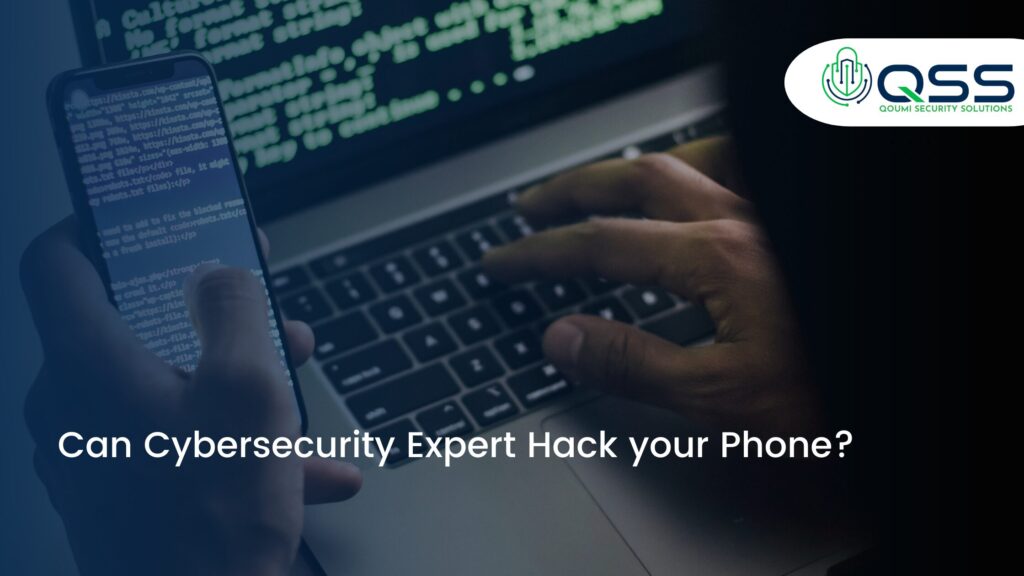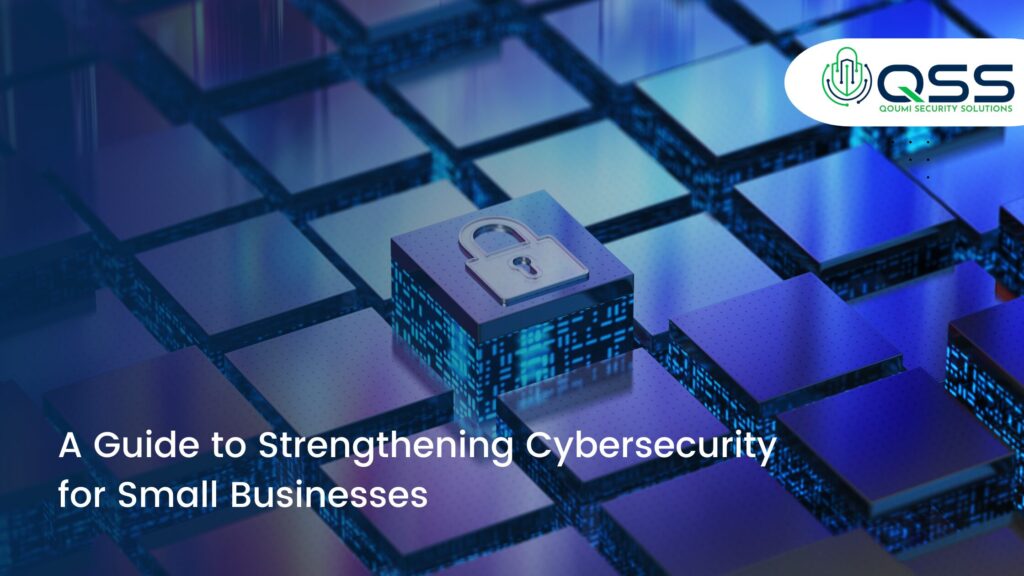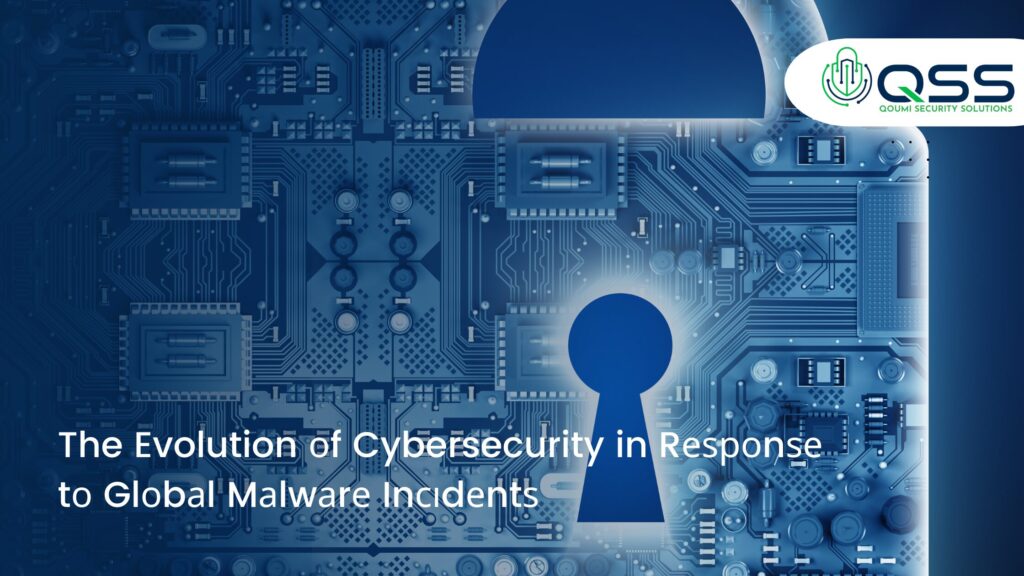can cybersecurity Expert hack your phone?
can cybersecurity Expert hack your phone?

Share Post :
In an age where smartphones are an extension of ourselves, the idea of someone hacking into your phone is a chilling prospect. With countless rumors, stories, and movies portraying hackers breaching phones at will, many wonder: can cybersecurity experts hack your phone? While the question may spark curiosity, it’s essential to dissect fact from fiction and understand how cybersecurity operates.
This blog explores whether cybersecurity professionals or systems are designed to hack phones, the ethics and legality involved, and how you can protect your phone from malicious actors.
What Does “Hacking” Mean in Cybersecurity?
To understand whether cybersecurity can “hack” your phone, it’s crucial to define the term. Hacking, in its simplest form, refers to gaining unauthorized access to a device, network, or system. It’s often associated with illegal activity, such as stealing data or spying on individuals.
In the realm of cybersecurity, however, hacking has a different connotation. Ethical hackers, or “white-hat hackers,” are cybersecurity professionals who use their skills to identify and fix vulnerabilities in systems. This type of hacking is legal and authorized, often aimed at strengthening security rather than exploiting it.
Can Cybersecurity Experts Hack Phones?
- Yes, But Only with Authorization
Cybersecurity professionals have the knowledge and tools to breach phones, but ethical hacking is strictly regulated. For instance:
- Penetration Testing (Pen Testing): Security experts may simulate attacks on smartphones to identify weaknesses, but this is done only with the owner’s consent.
- Forensic Investigations: In cases involving criminal activity, cybersecurity specialists may analyze a suspect’s phone, often under a court order.
These activities are carried out for legitimate purposes, such as improving security or assisting law enforcement. Hacking without permission, even by cybersecurity experts, is illegal.
- No, Cybersecurity Systems Are Built for Protection
Cybersecurity systems, such as antivirus software and firewalls, are not designed to hack devices. Instead, their purpose is to prevent hacking attempts, detect malware, and protect sensitive data. These systems function as shields, not weapons.
The Reality: Who’s Hacking Your Phone?
If cybersecurity isn’t designed to hack phones, who is? Unfortunately, malicious hackers—referred to as black-hat hackers—pose a real threat. Here are some common ways phones can be hacked:
- Phishing Attacks
Cybercriminals use fake messages or emails to trick users into clicking on malicious links. These links may download malware onto the phone or steal login credentials.
- Malicious Apps
Some apps, especially those from unofficial app stores, may contain spyware or malware. Once installed, they can access your personal data.
- Public Wi-Fi Attacks
When connecting to unsecured public Wi-Fi networks, hackers can intercept your data. This is known as a man-in-the-middle (MITM) attack.
- SIM Swapping
Hackers impersonate you to your mobile carrier, convincing them to transfer your phone number to a new SIM card. This gives them access to your calls, texts, and two-factor authentication codes.
The Ethical and Legal Boundaries
While cybersecurity experts possess the knowledge to hack phones, they are bound by strict ethical codes and legal frameworks. Breaching a device without explicit authorization is a crime under laws like:
- Computer Fraud and Abuse Act (CFAA): In the U.S., this law criminalizes unauthorized access to computers and other digital devices.
- General Data Protection Regulation (GDPR): In the EU, strict guidelines govern how data is accessed and processed.
Ethical hackers operate under clear contracts, ensuring their actions are both lawful and purposeful.
How to Protect Your Phone from Being Hacked
Even if cybersecurity isn’t the threat, malicious hackers are. Here are steps to secure your phone:
- Use Strong Passwords and Biometrics
Avoid easy-to-guess passwords and enable biometric authentication, such as fingerprint or facial recognition, for an added layer of security.
- Update Your Software Regularly
Outdated software often contains vulnerabilities that hackers exploit. Regular updates patch these weaknesses.
- Download Apps from Trusted Sources
Stick to official app stores like Google Play or Apple App Store, and read reviews before downloading any app.
- Enable Two-Factor Authentication (2FA)
2FA requires a secondary verification step, making it harder for hackers to access your accounts even if they steal your password.
- Avoid Public Wi-Fi
If you must use public Wi-Fi, consider using a virtual private network (VPN) to encrypt your data.
- Be Wary of Suspicious Links
Never click on links or download attachments from unknown senders.
The Future of Cybersecurity and Smartphones
As smartphones become more integral to our lives, cybersecurity is evolving to address new challenges. Emerging technologies, such as artificial intelligence (AI) and machine learning, are improving threat detection and prevention. However, with advancements come more sophisticated cyber threats, making user awareness and vigilance critical.
Conclusion
So, can cybersecurity hack your phone? The short answer is: only with permission and for good reasons. Ethical hackers work to protect devices, not exploit them. The real danger lies with malicious hackers, who continuously develop new ways to breach smartphones.
By understanding the role of cybersecurity and adopting robust safety measures, you can protect your phone and personal data from falling into the wrong hands. After all, in the digital age, your phone isn’t just a device—it’s a gateway to your world.
Most Popular Post :
February 13, 2025
Popular Techniques and Approaches in Red TeamExercises
February 12, 2025
The Difference Between Red and Blue Team Tactics inBusiness Security
February 7, 2025
Why Running a Cyber Drill in 2025 is Essential: 5 Reasons
February 7, 2025
Tор 7 Security Chаllеngеѕ іn Clоud-Nаtіvе Infrastructure
Cybersecurity :
February 7, 2025
Tор 7 Security Chаllеngеѕ іn Clоud-Nаtіvе Infrastructure
February 6, 2025
A Guide to Strengthening Cybersecurity for Small Businesses
February 1, 2025
The Best Cybersecurity Approaches to Secure Your Ecommerce Platform
February 1, 2025








